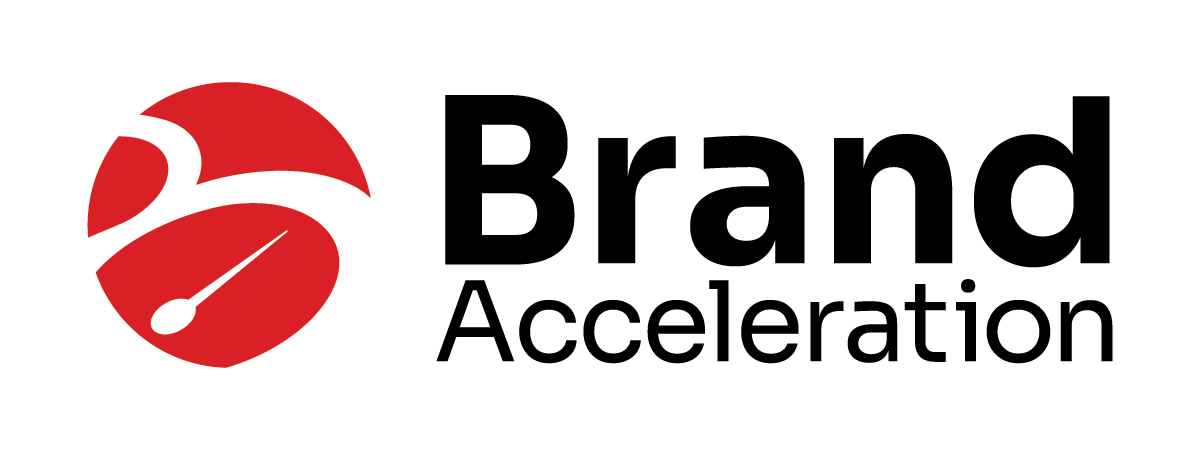In January, I attended the Indiana Economic Development Course at Ball State University. The week-long intensive program presented thought-provoking information and fueled vibrant discussions. It was during a late-morning presentation that I said something so simple and yet, it turns out, quite controversial. At first, people either argued with me or completely wrote me off; however, many of them came around. As the week progressed, a number of people pulled me aside and, in hushed tones, told me I might’ve been right. One woman even described it as an “aha moment.” So, what was it I said?
Quality of life cannot be your competitive advantage.
Sometimes the truth is hard to hear, but it’s time to rip off the bandage. While I do believe quality of life is important, it isn’t the thing that’ll pique site selectors’ interests. To help explain my point, I’ll share the example I gave my classmates.
Let’s say I’m going to buy a car. I’ll start by making a list of all the things I’m looking for in a car. I have a limited income, so I can’t afford anything too outlandish or to fill by my tank twice a week because I get 11 miles to the gallon. I’d like something American, black or silver, with a stereo I can plug my iPod into. As I look at my list, I would then divide it into “wants” and “needs.” I want an iPod jack, but I need to be able to afford to own and operate my car. Need will create my short list, so I’ll pick four or five cars in my price range. Then, I’m free to choose from that list based on want.
For the more literal among you, I’ll explain how this relates to quality of life and economic development marketing. Businesses need to be able to afford to do business in an area. They need skilled workers. They need to get raw materials in and finished products out. They want great parks and trails, so your parks can’t be your main selling point. Jim’s written about your elevator pitch, and the concept comes into play here, as well. If a site selector asks you to tell him or her one thing that makes your community great for business and you talk about your vibrant downtown, you may have just blown it.
Businesses see a great quality of life as a want instead of a need because they aren’t planning to bring that many people to your community. According to the 2010 census, the average American family was 3.14 people; however, a new salsa-making facility (mmm… salsa…) that employs 150 people won’t bring 471 people to your town. It’ll more than likely bring around 16. Why is that? Because the workforce is already there; therefore, the company will only bring a small group (between three and five) management folks and their families. If your marketing focuses on quality of life, you are wasting time and money preaching to the choir because the employees any new facility intends to hire already live in your area. You don’t need to tell them it’s a great place to live because they know! Instead, put your resources into promoting the things that do affect business: location, connectivity, workforce training, utility rates, etc.
Like the car metaphor, a site selector will narrow down the list of prospective communities based mainly on the availability of sites or buildings that meet the specified requirements, the workforce and education available, and the cost of doing business in the area. Quality of life begins to play a bigger role once your community is short listed. After the site selector decides your community makes good business sense, quality of life may become a deciding factor between three communities that are otherwise equal. When something becomes important so late in the game, it can’t be the focus of your marketing strategy or the thing you lead with in your elevator pitch. That would be like a car company making a commercial that says, “Buy this car! It’s a bluer blue than the other guys’ blue cars!”
I would love to hear your thoughts on how big of a role quality of life plays in economic development marketing. Did this article open your eyes to something you’d never thought of before? Do you think I’m insane? Let me know (politely, please?) in the comments below. When commenting, please keep in mind that I know there are exceptions to every rule. I’m sure some of you can tell a story about a community that got a huge project because the company’s president likes hunting antelope and that community is the antelope capital of the United States. That’s awesome, but they’re the exception.
